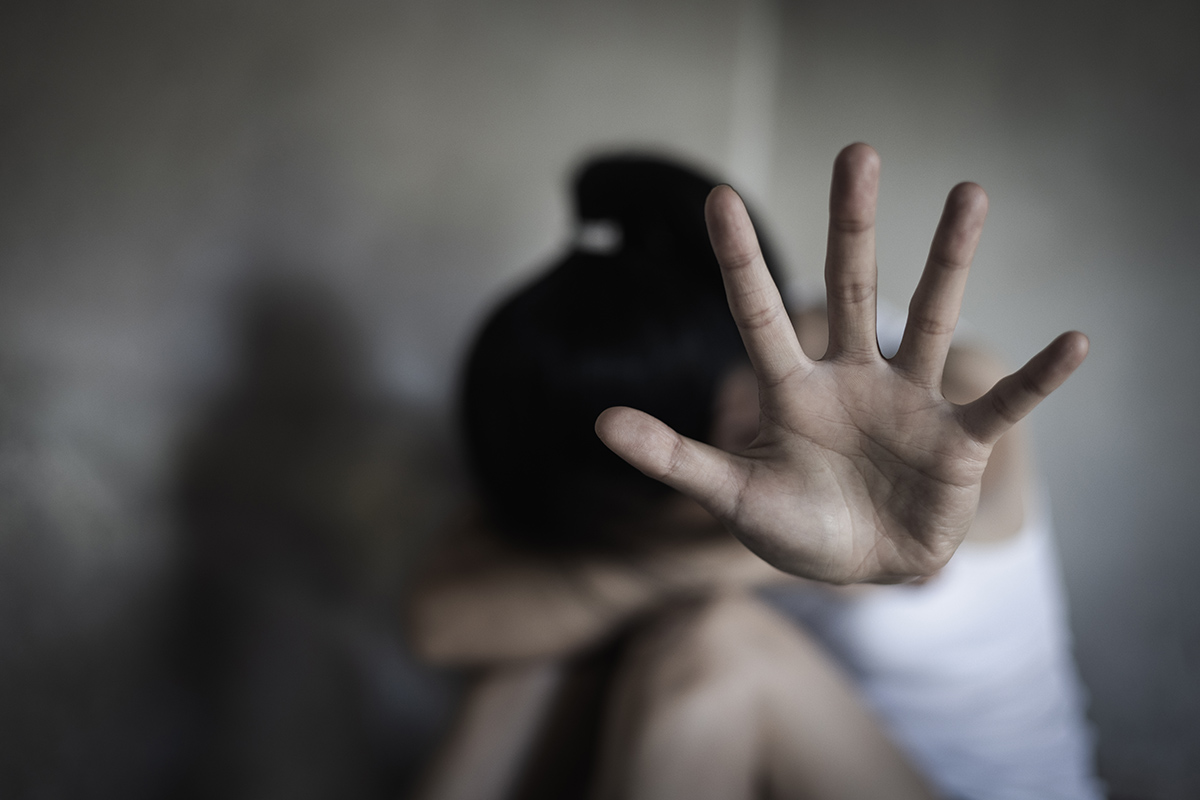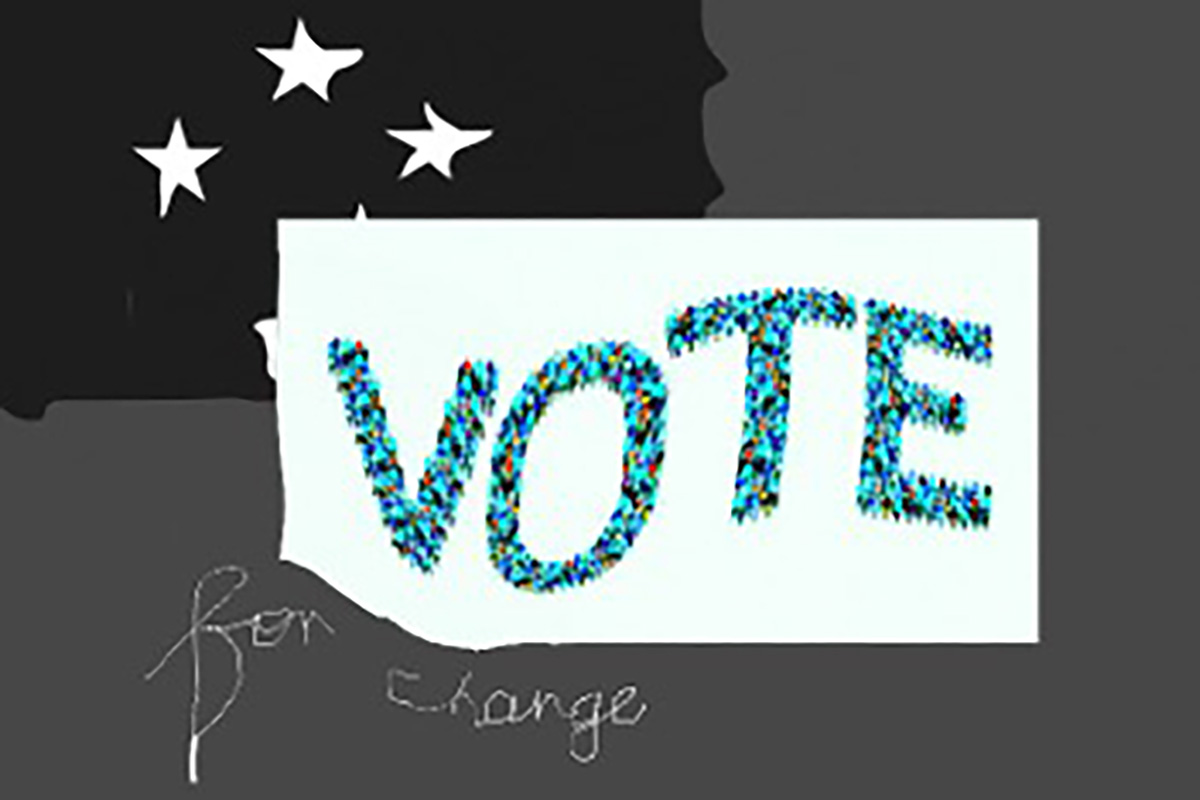"Men no longer to blame for sexualisation of women"
May 9 Men have long been blamed for messages that portray women as sex objects, but Denise Juvane, 21, a Commonwealth Correspondent from Mozambique now living in England, argues that in a twist, women are now the drivers of that message.
Men have long been blamed for messages that portray women as sex objects, but Denise Juvane, 21, a Commonwealth Correspondent from Mozambique now living in England, argues that in a twist, women are now the drivers of that message.
Until a couple of years ago, it could have been argued that the sexualisation of women definitely came from men. Indeed, this was seen in the different ways rappers, TV shows, and films represented women. For the most part it appeared that women were used as accessories for video clips, wearing tight shorts and bikini tops.
These women usually delivered the message that beauty was everything, that if a girl wasn’t pretty she probably would not get all the success that comes along with the package of being a ‘pretty girl’…and this idea remained for years after. In those years, we used to blame men for sexualising women, for displaying women in a way that convinced the public that it was not brains, but instead beauty that was important, and undeniably, some young girls did adopt those ideals.
Now don’t get me wrong. I am not trying to say that looking good is unattractive (the irony) and that beauty isn’t everything – or should I say, anything. What I am trying to say is that it’s wrong to think that in order to be regarded as something in society, it is important to somehow sexualise the female figure – that in order to be accepted or merely looked at, a woman might as well take it off – take it all off. What I am trying to say is that if we as women want men to respect us, and to be regarded in society, then it is important to earn that respect. Though for the most part it is men who sexualise women, it is the woman’s decision to choose up to which point she allows this.
I believe that seems like a plausible argument, however, the biggest problem comes in the next part.
Women can no longer blame men for sexualising other women and using them as accessories because in recent years it seems as though they are doing it themselves – that idea that sex sells. Right? Essentially, it seems unfair nowadays to find men as scapegoats for behaviour that is being performed by women themselves. Artists of influence are the ones nowadays revamping their looks, with the idea that less is more (in this case, less clothing) to catch the attention of the public. But what baffles me on the other hand is that those same women are the ones speaking up for other women, when they are also the ones belittling them by making the public believe that what’s in their heads does not matter.
Some might argue that the whole concept of sexualising themselves is not to be seen in a negative light, but instead to be seen as women [finally] making their own decisions, taking a stance, and doing what they feel comfortable doing regardless of public perception. However, I believe that when you are in the public light in such a way that you become an influential figure to others, it is important to deliver positive messages that uphold self-development instead of nurturing the idea that to be seen it is important to bare all – in the literal sense.
For this reason exactly, we have now reached a peak where other women who bring up this subject are attacked, are ‘spoil-sports’ and need to re-evaluate their lives simply because their position is different to the direction society is heading. Speaking up, if it is against the prevalent ideas nowadays is wrong – and that is where the biggest problem lies. But since society predominantly follows the trends brought forward by influential figures, until the idea that sexualising women is correct comes to an end, those that deem it incorrect will continue to get shut down.
photo credit: malloreigh via photopin cc
…………………………………………………………………………………………………………
About me:
I am an International Politics student at the University of Surrey in England, currently carrying out an Erasmus exchange programme in Madrid. I am very much interested in international development, the effect of media in international relations and tackling of poverty and inequality. As well as writing for the Commonwealth Correspondent, I am also a News Writer for the University of Surrey’s newspaper ‘The Stag’.
………………………………………………………………………………………………………
Opinions expressed in this article are those of the author and do not necessarily represent the views of the Commonwealth Youth Programme. Articles are published in a spirit of dialogue, respect and understanding. If you disagree, why not submit a response?
To learn more about becoming a Commonwealth Correspondent please visit: http://www.yourcommonwealth.org/submit-articles/commonwealthcorrespondents/
…………………………………………………………………………………………………




